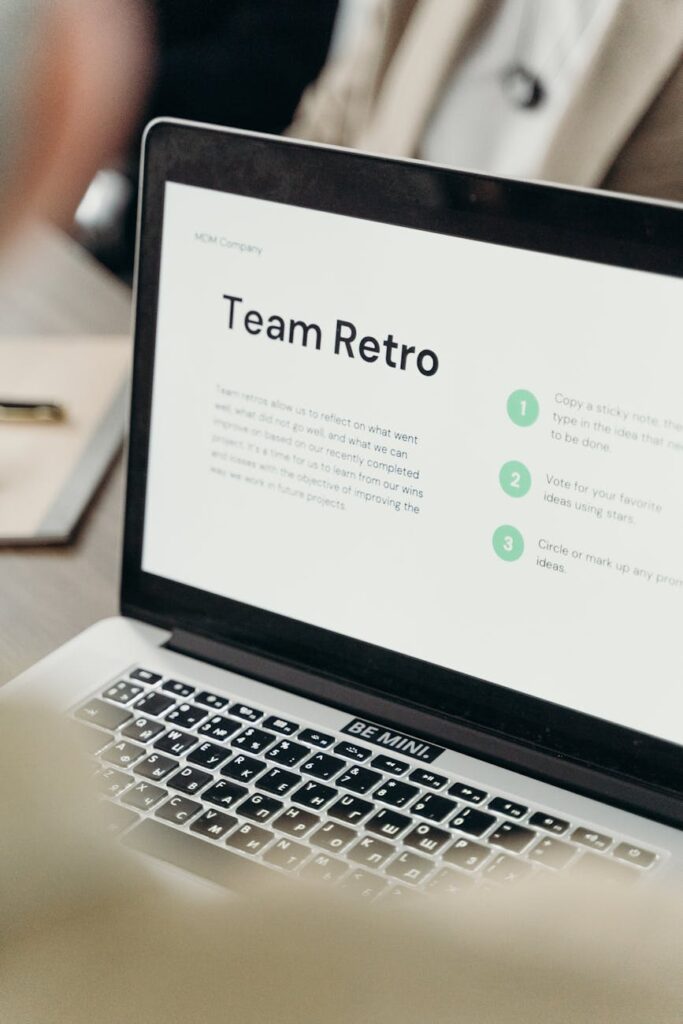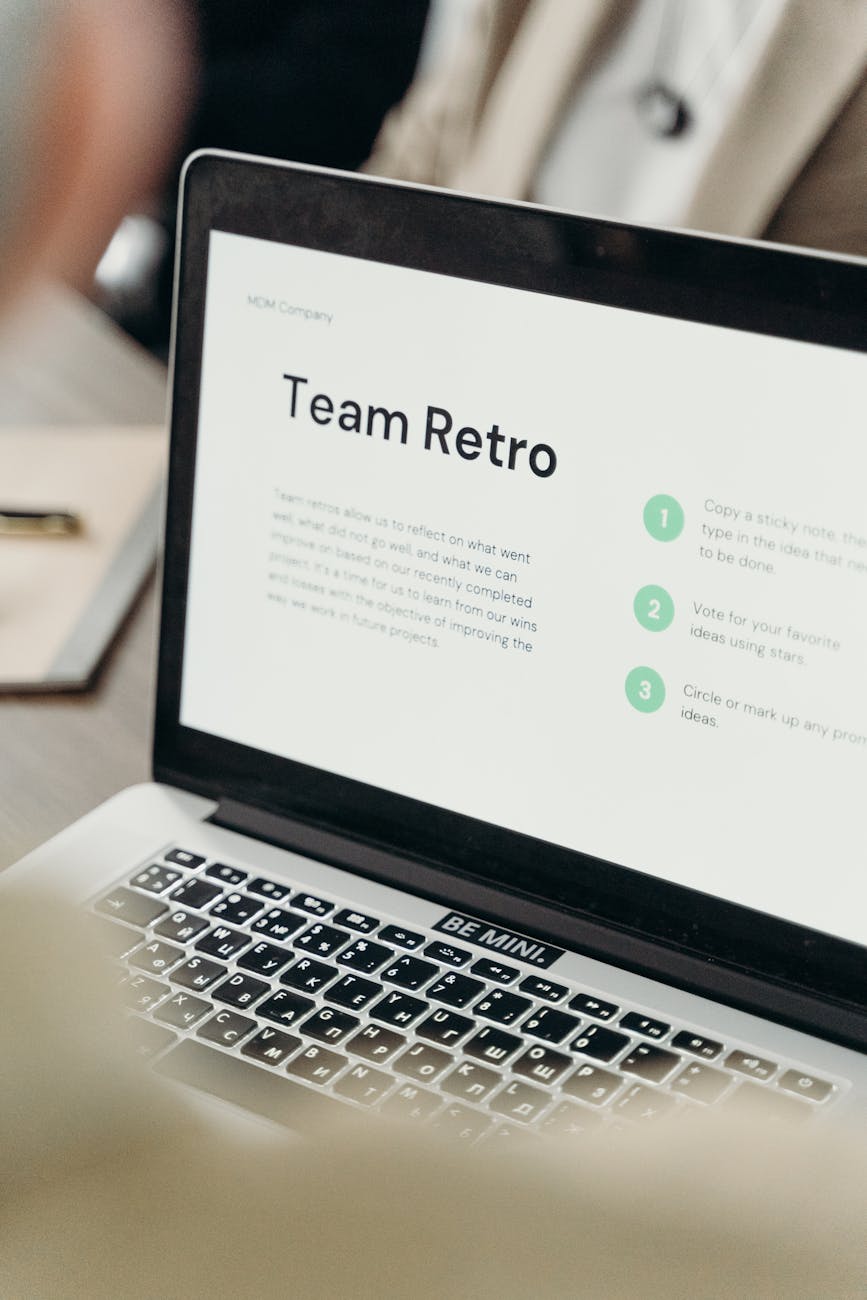What is efficient meeting strategies?

What is efficient meeting strategies?
In today’s fast-paced work environment, especially with the rise of remote and hybrid workplaces, efficient meeting strategies have become essential. These strategies are designed to enhance productivity and streamline time management, ensuring that every minute spent in meetings is meaningful. As we navigate the complexities of virtual and in-person interactions, the need for effective meetings is more pressing than ever.
Understanding the Importance of Efficient Meetings
Many meetings tend to miss the mark, leading to frustration among participants. But why do they often fail? Understanding the common pitfalls and the benefits of implementing efficient meeting strategies can turn the tide.
Common Pitfalls of Traditional Meetings
Meetings frequently suffer from several recurring issues:
- Unclear Objectives: Without a clear purpose, discussions can drift off-topic.
- Lack of Preparation: When participants come unprepared, valuable time is wasted.
- Time-Wasting Discussions: Allowing discussions to wander can frustrate attendees and lead to disengagement.
These pitfalls not only squander time but can also impact team morale and productivity. Addressing these issues through efficient meeting strategies can significantly improve outcomes.
Benefits of Efficient Meeting Strategies
Adopting efficient meeting strategies can yield numerous advantages:
- Enhanced Productivity: Meetings that stay on track help teams accomplish their goals faster.
- Better Time Management: By adhering to a structured approach, teams can maximize their valuable time.
- Improved Team Collaboration: Efficient meetings foster open communication and stronger teamwork.
Implementing these strategies can transform meetings from a dreaded obligation into a constructive and dynamic collaboration space.
Key Components of Efficient Meeting Strategies
To conduct efficient meetings, several key components should be considered.
Setting Clear Objectives
The first step to an efficient meeting is defining specific goals. Each meeting should have a clear purpose that guides the discussion. Whether it’s brainstorming new ideas or making decisions, having defined objectives ensures everyone is aligned and focused.
Preparing an Agenda
A structured agenda is the backbone of any effective meeting. It provides a roadmap for discussions, helping keep participants engaged and on topic. Agendas should outline the meeting’s main points and allocate time for each topic. This structure allows for better pacing and ensures that all necessary points are covered.
Time Management Techniques
Managing time effectively during meetings is crucial. Techniques such as setting time limits for each agenda item can keep discussions concise and focused. For instance, allocating 10 minutes for updates and 15 for brainstorming can help keep the meeting from dragging on unnecessarily.
Best Practices for Conducting Efficient Meetings
Here are some actionable tips to help you organize and lead effective meetings:
Choosing the Right Participants
It’s essential to identify who needs to be in the room based on the meeting’s objectives. Only invite those who will contribute meaningfully to the discussion. This approach not only enhances engagement but also respects everyone’s time.
Using Technology Effectively
In the era of virtual meetings, leveraging technology can enhance efficiency. Utilize tools like Zoom, Microsoft Teams, or Slack to facilitate discussions. Features such as screen sharing and virtual whiteboards can make meetings more interactive and engaging. For more insights on effective meeting tools, check out this McKinsey guide on effective meetings.
Follow-Up and Accountability
At the conclusion of each meeting, summarize key takeaways and assign action items. This step ensures everyone knows their responsibilities moving forward and maintains accountability. Following up after the meeting with notes can reinforce commitments and keep projects on track.

Photo by cottonbro studio
Conclusion and Next Steps
Efficient meeting strategies are more than just a nice-to-have; they’re essential for productivity and effective teamwork. By understanding the common pitfalls and implementing key components such as clear objectives, structured agendas, and strong time management practices, you can transform your meetings into powerful tools for collaboration.
As you move forward, consider how you can apply these strategies in your work life. Reflect on your current meeting practices and look for areas to improve. Implementing these insights can lead to more productive meetings and a more engaged team. Embrace these efficient meeting strategies and watch your team’s productivity soar.